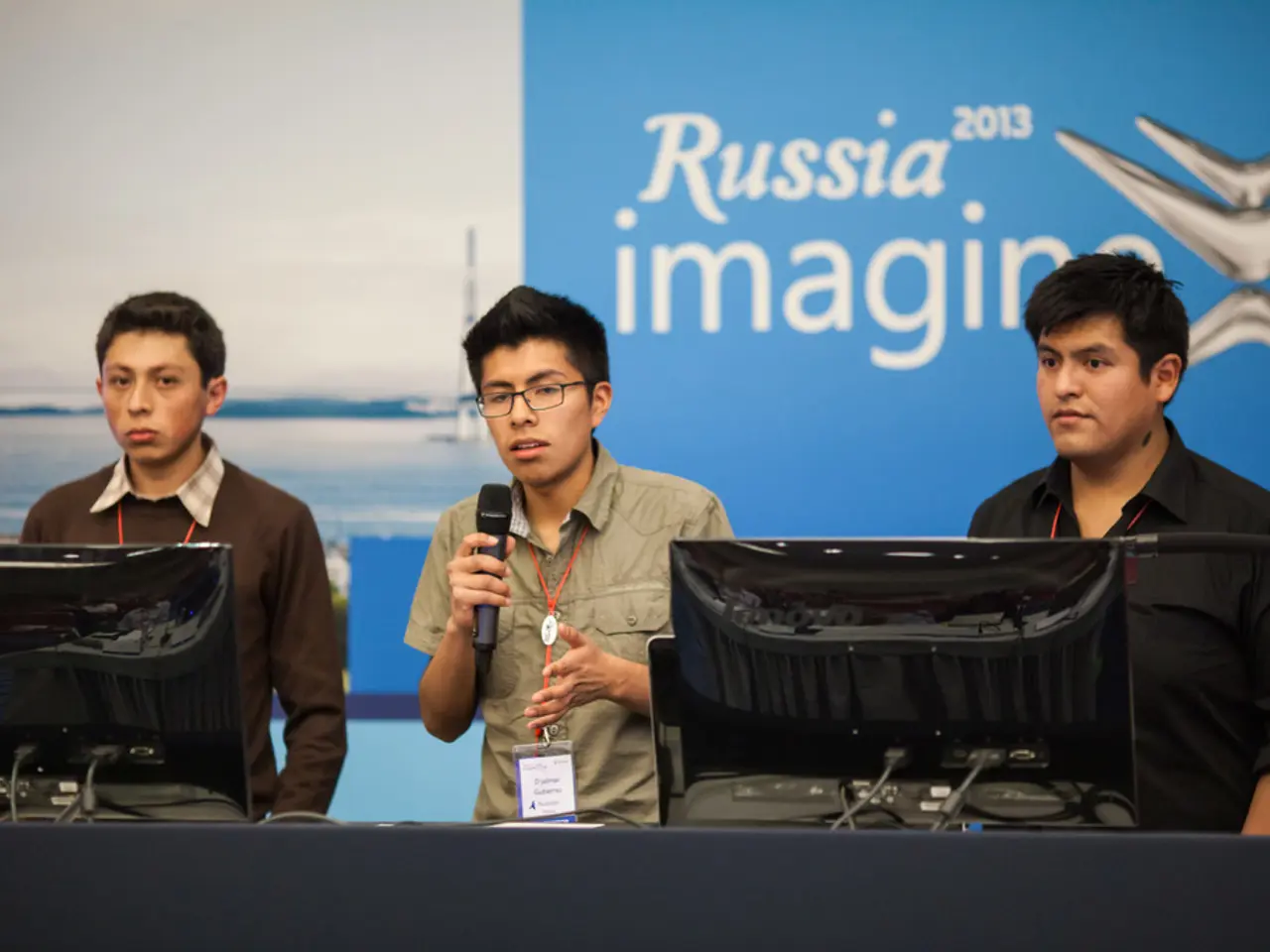"Developers' pre-built apartments are in high demand and scarce"
In recent times, the northern districts of Moscow have witnessed a significant increase in the supply of completed new apartments. This surge can be attributed to several interconnected factors, each with notable market implications.
The primary cause for this growth is the increased demand from participants in the special military operation (SVO) and their families, who have become substantial buyers in the real estate market. This demographic now accounts for 10–15% of apartment sales in some areas, including Moscow's federal market influence. The expansion of preferential mortgage programs since 2022 has also played a significant role, making it easier for buyers to purchase new homes, including apartments.
Government measures to accelerate construction have further contributed to the growing supply. Regulatory changes, such as the imposition of a three-year deadline for development on land plots designated for individual housing construction, are intended to speed up project implementation and incentivise developers to complete housing projects.
The socio-economic and geopolitical context has also influenced the regional housing markets, with areas affected by the special military operation seeing booms in construction and real estate activity. This, in turn, has indirectly affected Moscow's market due to displacement, relocation demand, and real estate investment shifts.
The increased supply of new apartments helps to alleviate housing shortages in northern Moscow districts, potentially stabilising or reducing prices due to better availability. The influx of buyers related to the military operation who benefit from mortgage discounts is transforming market dynamics, with developers tailoring offerings to this segment.
If supply growth outpaces demand sustainably, especially in specific northern districts, it could lead to increased competition among developers and downward pressure on prices or incentives to buyers. The regulatory push to complete projects faster might improve infrastructure development and urban modernization in the northern parts of Moscow, making these districts more attractive long-term.
Despite a rising supply, macroeconomic factors such as budget deficits and inflationary pressures in Russia might affect purchasing power and overall market stability, influencing the pace at which new apartments are absorbed by the market.
Currently, there are over 47,5 thousand apartments and apartments available on the primary market, with the Northern Administrative District having the most completed new buildings. The increase in the supply of completed new units in Moscow's northern districts is primarily attributed to the large-scale nature of some local residential complexes. Fewer new projects are being introduced, especially in the first half of this year, but some developers have reserves to expand their offerings in existing large-scale complexes.
In conclusion, the increase in supply of new apartments in Moscow’s northern districts is primarily driven by enhanced demand from military personnel and families benefitting from new mortgage programs, streamlined construction regulations, and broader socio-economic changes linked to Russia’s current geopolitical situation. This expansion is reshaping the local housing market with implications for affordability, buyer composition, and urban growth.
- The increased demand from participants in the special military operation (SVO) and their families has led to a significant rise in real-estate purchases, particularly in the housing market of Moscow's northern districts, contributing to the surge in new apartment supply.
- The expansion of preferential mortgage programs since 2022 has facilitated buying new homes for various demographics, including those involved in the military operation, influencing the real-estate market dynamics in the northern districts of Moscow.
- Governmental measures geared towards expediting construction, such as the imposition of a three-year deadline for development on land plots, have contributed to the growing supply of new apartments in Moscow's northern regions, shaping the local residential real-estate scene.




